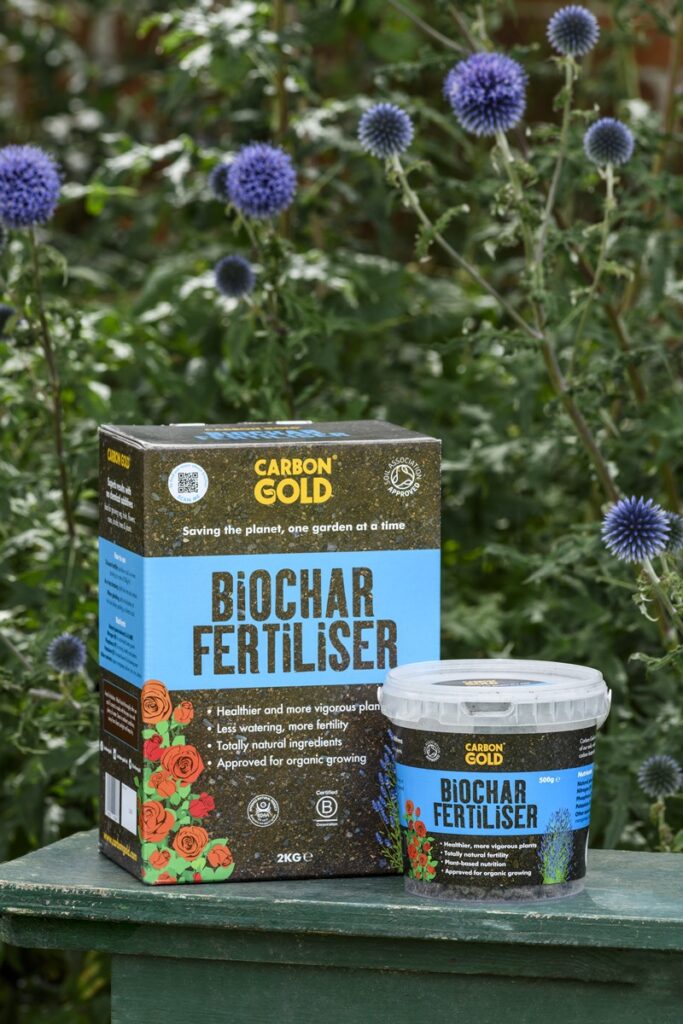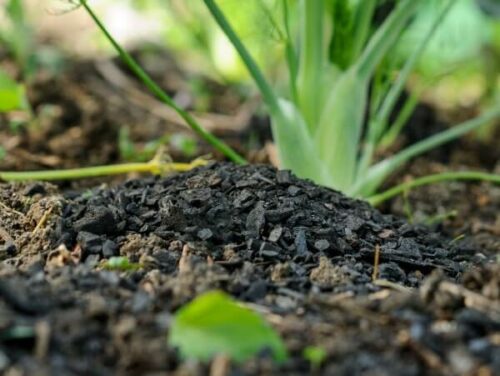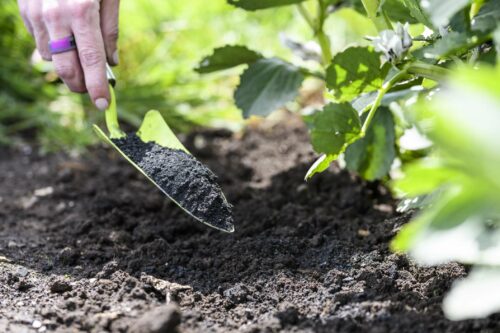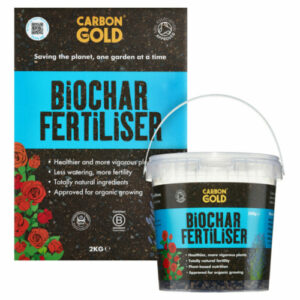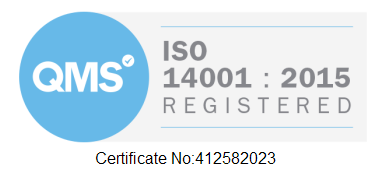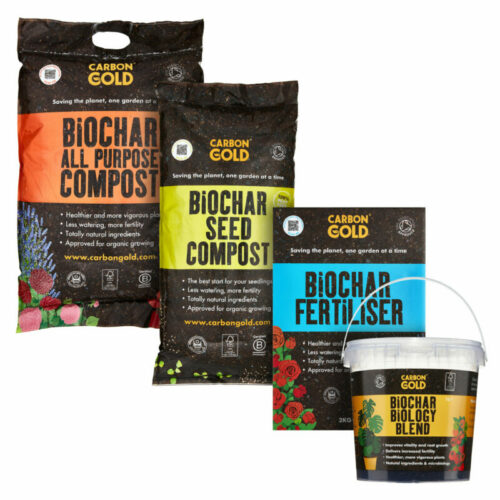In the aftermath of World War II, the agricultural landscape underwent a significant transformation. With the advent of modern farming practices and the widespread use of non-organic fertilisers, agriculture saw a boom in productivity. However, this change came at a cost – the long-term health of our soils. In this article, we’ll explore the history of non-organic fertilisers post-WW2 and their impact on soil health, shedding light on both the benefits and challenges they have brought to the forefront. We will also delve into a lesser-known but significant aspect, the use of surplus nerve gas from the war to produce fertilisers.
The Post-WW2 Agricultural Revolution
The post-World War II era saw the birth of the Green Revolution, a period marked by remarkable advancements in agricultural technology and practices. Non-organic or synthetic fertilisers played a crucial role in this revolution. These fertilisers are primarily composed of nitrogen (N), phosphorus (P), and potassium (K) – the NPK trio, which are essential nutrients for plant growth.
Benefits of Non-Organic Fertilisers
1. Increased Crop Yields: One of the most significant advantages of non-organic fertilisers was the immediate boost in crop yields. These fertilisers provided plants with a readily available source of nutrients, ensuring faster and more robust growth.
2. Feeding a Growing Population: The world’s population was rapidly increasing post-WW2, and non-organic fertilisers helped address food security concerns by maximising food production.
The Surprising Connection to Nerve Gas
In a lesser-known chapter of history, surplus nerve gas from World War II was repurposed for use in fertiliser production. The nerve gas sarin, in particular, was used to create the organophosphate-based insecticides known as organophosphates. These insecticides played a role in pest control in agriculture, offering an effective means of protecting crops.
Challenges to Soil Health
1. Soil Degradation: Over time, the excessive use of non-organic fertilisers has led to soil degradation. The heavy reliance on synthetic nutrients can deplete the soil of essential micronutrients, leading to a decline in soil fertility.
2. Altered Soil Microbial Communities: Soil is home to a diverse ecosystem of microorganisms crucial for nutrient cycling and plant health. Non-organic fertilisers can disrupt these ecosystems, impacting the long-term sustainability of the soil.
3. Environmental Concerns: Runoff from fields treated with synthetic fertilisers can contaminate water bodies, leading to issues like eutrophication. The overuse of fertilisers has also been linked to greenhouse gas emissions.
The history of non-organic fertilisers post-WW2 reveals a double-edged sword. While they played a pivotal role in boosting agricultural production and feeding a growing world population, their overuse has posed significant challenges to soil health and the environment. The connection to surplus nerve gas in creating fertilisers adds an intriguing layer to this history. The key to a sustainable future lies in adopting responsible agricultural practices that take into account the long-term well-being of our soils.
To truly rejuvenate soil health and contribute to climate cooling, embracing organic products stands out as a promising path. Organic farming methods promote the use of natural, non-synthetic fertilisers, nurturing soil health over the long run. Additionally, integrating practices like Carbon Gold’s enriched biochar, made from wood waste, can enhance both soil fertility and carbon sequestration. This dual approach not only improves soil health but also aids in mitigating climate change, making it a win-win solution for a more sustainable and resilient agricultural future.
